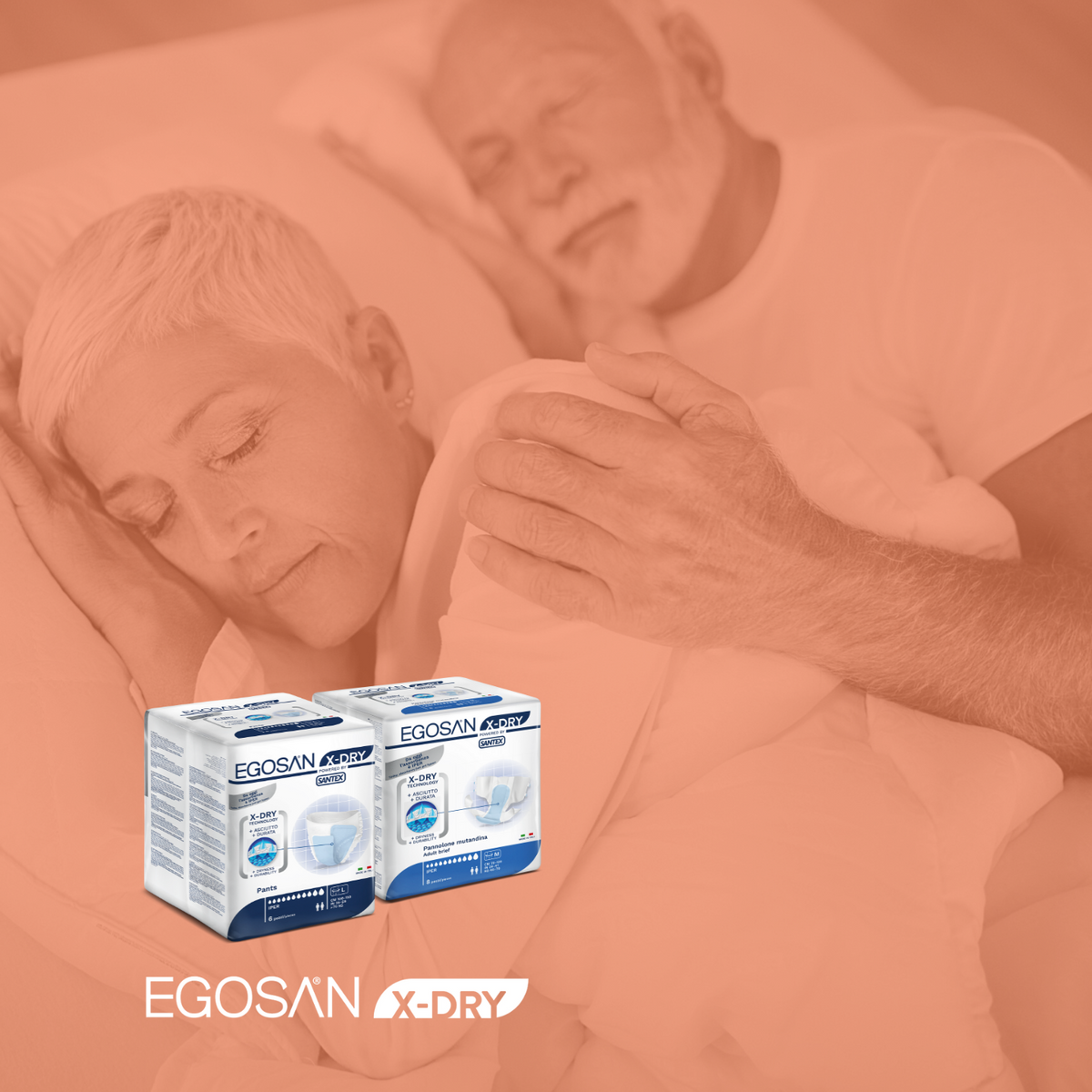Fecal Incontinence Can Be a Side Effect of Various Conditions Including Constipation

Many conditions can carry as a side effect some degree of fecal incontinence, so if you are affected or someone you care for is struggling with the issue, having a better understanding of the potential causes could help ease the way toward treatment or acceptance.
First, of course, realize that for any type of incontinence, working closely with your doctor is important since many types can be lessened or even corrected with proper medical care.
Fecal incontinence is not nearly as common as urinary incontinence. In fact, the Centers for Disease Control (CDC) says that in a study involving older adults, 25 percent had moderate, severe, or very severe urinary leakage but only about eight percent had moderate, severe, or very severe bowel leakage. Still, that is not an insignificant number so the causes bear considering.
What are the risk factors for fecal incontinence?
The risk factors are numerous but a partial list includes age, being female, nerve damage, and dementia, as well as physical disabilities that keep people from reaching the toilet on time.
Situations that can result in fecal incontinence:
Women can experience fecal incontinence after childbirth due to muscle and/or nerve damage that results from injury to the anal sphincter that holds back the stool. This is more common if an episiotomy, forceps, or both are used during the process of delivering the child.
Then, there’s the more common issue of constipation. Repeated straining to expel a hard mass of stool stretches and weakens the sphincter which can eventually become weak enough to allow stool to escape without intent.
Nerve damage can also be caused by stroke, a spinal cord or other injuries, or a disease. If people can’t sense the stool, they can’t control it.
Because of the need to hold in a watery stool, diarrhea can also be a cause, as can severe hemorrhoids. Surgery to treat hemorrhoids which are enlarged veins in the rectum or anus as well as more-complex surgery involving the rectum and anus can also cause muscle and nerve damage that leads to fecal incontinence.
Rectal prolapse, and rectocele, which is when the rectum protrudes through the vagina, are additional potential causes.
Then, there is cognitive impairment. People with advanced dementia whether Alzheimer’s or another type, often don’t remember how to manage their bathroom needs. Additionally, in later stages, their brains may not be processing the correct signals to make them aware of the need.
How can you prevent fecal incontinence?
There are many causes that you can’t prevent other than by seeing your doctor regularly in order to help you stay as healthy as possible. Be doing this, you might avoid a stroke or other damage that can make fecal incontinence more likely. However, just improving your diet, exercising, and keeping regular bowel habits can reduce constipation so that is something to consider on your own. People with severe constipation should discuss this with their doctor to find an acceptable solution.
Should you experience fecal incontinence, joining a support group could be helpful to deal with the emotional issues that can surface as you learn to cope with this change in your life.
Remember though, fecal incontinence, while inconvenient and sometimes embarrassing, is not life-threatening or even life-limiting. With education, patience, and understanding, you can put the condition in perspective and again focus on doing what you enjoy.
***
Discover the Difference. EGOSAN - the Top-Rated incontinence brand from Italy. Now Available on Amazon.




